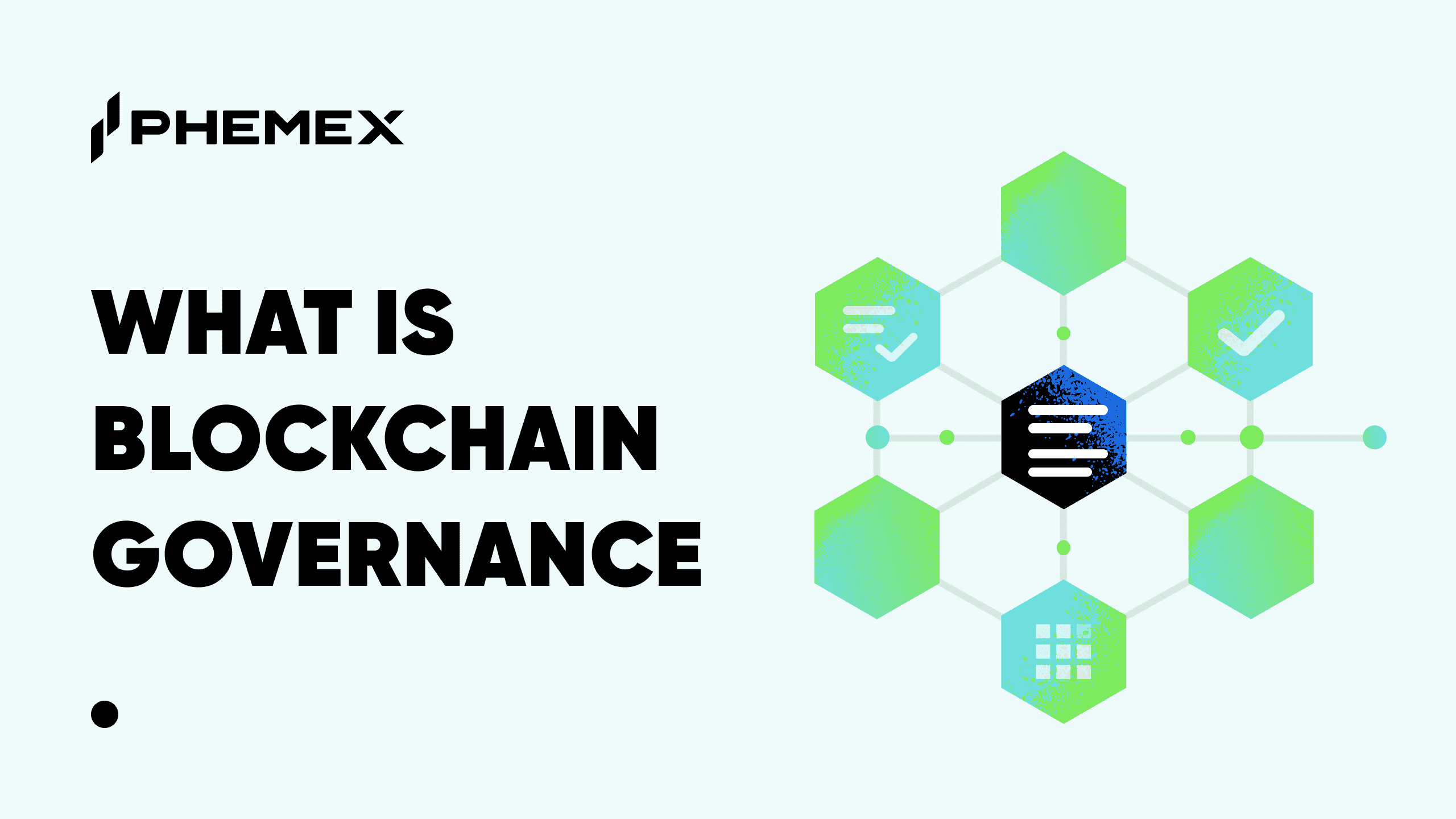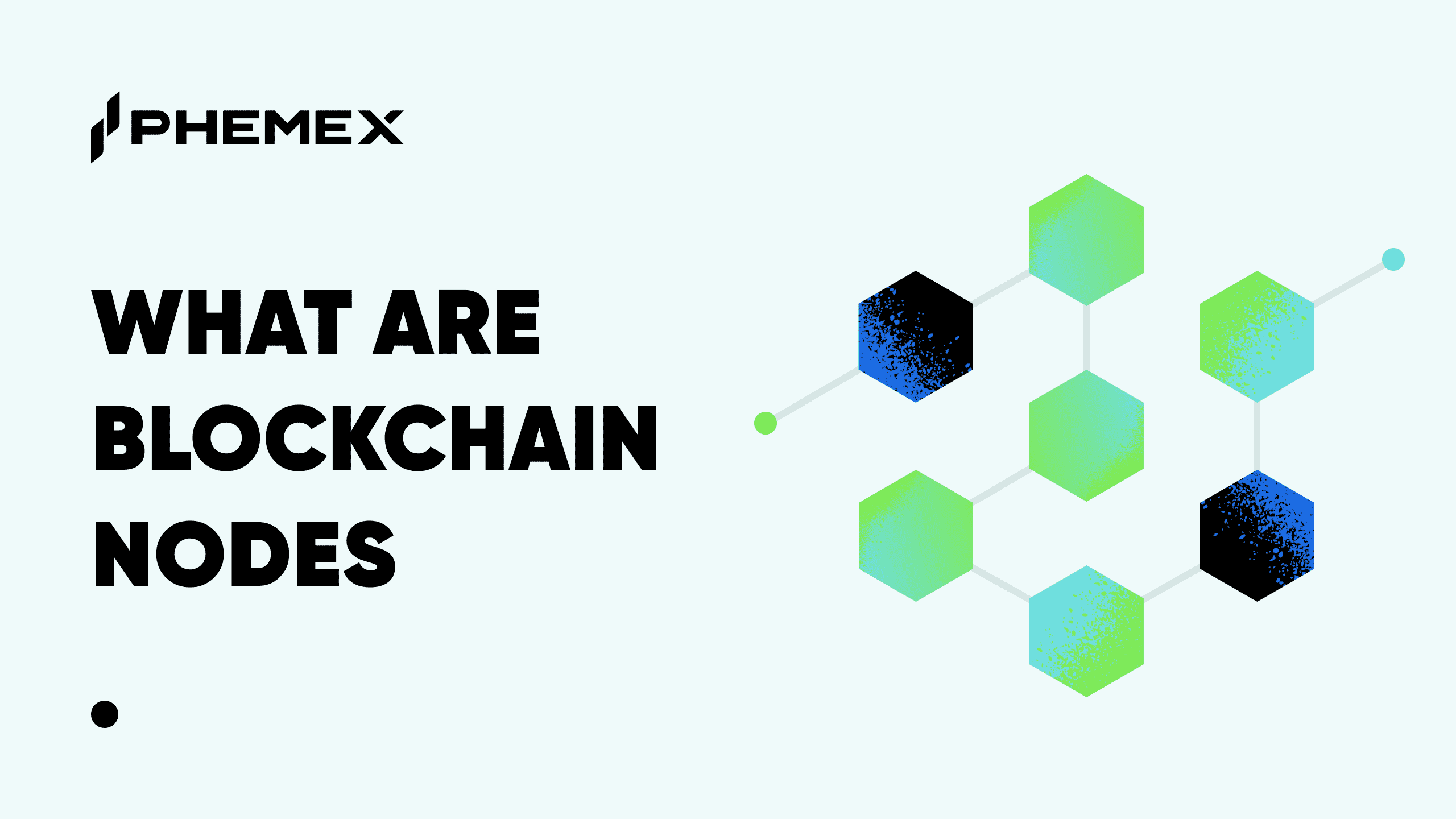Blockchain voting refers to a voting system where citizens cast votes on the blockchain network. A blockchain-based voting system aims to solve one of the main problems that plague the conventional paper-based voting method – voter fraud.

What Is Blockchain Voting?
Blockchain technology’s main use case was initially financial transactions, but it has since expanded to serve other functions. As a secure network, a blockchain can be very useful for any type of data transmission operation.
One potential use case is for voting, which traditionally involves casting paper ballots in person. In recent years, some voices have been calling for a shift to digital voting methods like blockchain voting. In fact, some governments have already tried using it, including the US states of West Virginia in the 2018 midterm elections and Utah in the 2020 Presidential election. After the COVID-19 pandemic forced many services to go digital, the debate around the concept of digital voting reached a whole new level.
How Does a Voter Cast a Blockchain-based Vote?
Blockchain voting works similarly to the analog voting method. The general procedure is as follows:
- A voter downloads the relevant blockchain voting program, registers, and proves their citizenship.
- The blockchain records and encrypts the voter’s credentials on its network with the voter’s public key.
- A ballot token is deposited into the voter’s wallet on the network.
- To cast a vote, the voter sends the token to the address or wallet corresponding to the candidate or party they wish to vote for. Each token represents one vote.
- To determine the winner, the counting staff members check and compare the number of tokens in the addresses.
How Does Blockchain Voting Work?
The voting process may sound simple, but the work behind the scenes is complicated. The governing authority must first willingly permit and implement a blockchain-based voting system and ensure that citizens know the step-by-step ballot-casting procedure. Blockchain-based voting systems are also generally expected to follow a set of principles for secure, transparent, and credible elections, such as those outlined by the ACE Electoral Knowledge Network.
For blockchain voting to work, there must be a way to confirm that the voters are citizens of that particular country. This can be difficult because it means relying on a centralized authority for citizenship verification in order to vote on a decentralized network. But identity verification is essential, as it helps prevent voters from voting more than once.
For example, Voatz, the blockchain-based voting application used in the 2018 midterm elections in West Virginia, works similarly to the Know Your Customer (KYC) verification method used by most cryptocurrency exchanges. Prospective voters download the app, verify their phone number, and provide one photo of their ID and one of themselves for verification purposes. The voting system can also incorporate biometric (e.g., fingerprints), PIN, or two-factor authentication methods to ensure that the verified user is the person actually casting a vote at a particular time.
When the vote is cast, the blockchain-based voting system must strip the votes of identifiable information in the form of a secret ballot system. The secret ballot refers to a voting method where a voter’s decision is anonymous. It is one of the key components of modern democracy, as it helps prevent third-party attempts to influence how specific citizens vote.
What Are the Advantages of Blockchain Voting?
- Convenience and accessibility: With blockchain voting, people can vote via their computers or phones instead of visiting a polling location. This streamlining may combat voter apathy and boost voter turnout. It also helps prevent delays and potential loss of ballots cast by citizens who have disabilities or are overseas.
- Error reduction: In analog voting, voters must trust poll workers, the counting staff, and the independent observers for the proper handling and counting of votes. Errors during manual counting or mechanical counting can happen, causing votes to be accidentally over or under-reported. But in a blockchain-based voting system, citizens can track their votes, which have no personally identifiable information, and check their voting records, which stay on the network forever.
- Prevention of electoral fraud and rigging: One expert claims that blockchain’s decentralized network can deter electoral fraud, as it would be too computationally expensive to create fraudulent votes on the network. An academic article further demonstrates that clear voting records prevent the risk of a rigged election as voters can verify their votes with their personal data on the network.
- Efficiency: Current voting systems involve hand counting and mechanical counting, which take time and resources. Through an address’s balance, organizers can directly see the total votes a candidate or party has. There is no need for polling infrastructure or staff, resulting in a cheaper, quicker, and more efficient way of declaring the results.
What Are the Disadvantages of Blockchain Voting?
Not everyone agrees that blockchain voting will be beneficial for elections. A report from MIT strongly rejects implementing blockchain voting and disagrees that this type of digital voting would increase election security. According to the report, it’s more complicated than it seems to reliably implement the necessary techniques in practice. The report lists three main security issues for a blockchain-based voting system:
- The public nature of the ledger: A voter can show a third party where they sent their coins or tokens as proof of how they voted. This opens up possibilities for a third party to buy votes or coerce voters to vote a certain way.
- Denial-of-service attacks: Attackers may try to disrupt network connectivity during the election period to prevent votes from being cast and validated in time. With enough money, attackers can also delay validation by flooding the blockchain network with transactions. This would drive up transaction fees for voters and increase the transaction completion time.
- Key management: Once a voter loses their private key, they lose their ability to vote. If an attacker gets hold of a voter’s private key, they can vote in place of the voter. This is not uncommon in the crypto world. Plenty of users and cryptocurrency exchanges have lost private keys due to poor key management. This cannot be avoided, as public key cryptography is a core component of blockchain technology.
The report further challenges the use of permissioned blockchain to solve the first two issues. A permissioned blockchain is an additional security system that only allows certain users to run specific operations. However, this blockchain network does nothing to solve key management issues. According to the report, permissioned blockchains also normally run on fewer and more homogenous servers, making it easier for them to be compromised.
The authors also reject the use of zero-knowledge proofs for secret ballots. Zero-knowledge proof systems verify data without leaking or revealing extra information. From their perspective, although zero-knowledge techniques keep transaction records from being publicly available, such techniques cannot stop third-party vote buyers or coercers. Because of how zero-knowledge proof works, the party handling the data can choose not to keep it a secret and voluntarily reveal it.
Which Countries Are Using Blockchain-based Voting Systems?
Most countries are still using the conventional paper-based voting method to conduct elections. However, in recent years, there have been a number of pilot projects involving blockchain-based voting systems in countries such as the US, Japan, and Russia.
In the previously-mentioned elections in the US states of West Virginia and Utah, voters used a for-profit blockchain voting app called Voatz. This end-to-end encrypted app was designed to help military voters vote remotely following identity verification using a military ID (or other biometric methods) and face recognition. The app came under fire after several security experts criticized its poor security, and a security audit exposed its technical issues. West Virginia has since paused the use of the app, while Utah will continue using it due to its popularity.
In Japan, as part of Tsukuba City’s smart city initiative, the governing authorities integrated the Japanese blockchain startup, LayerX, into their voting system. This blockchain-based voting system is currently used only for social development proposals and not governmental elections. The city’s voters can vote remotely after verifying their identity via Japan’s My Number system. LayerX’s electronic voting system was considered a success, with only minor issues related to forgotten passwords.
Russia has gone through multiple iterations of various state-funded blockchain-based voting systems. The state hired Kaspersky Lab to build a blockchain-based voting system, which was deployed in July 2020. The system enabled voters to vote remotely on Bitfury’s open-source platform, Exonum. Voters verified their identity and cast their votes via the proof of authority consensus method. In September 2020, telephony provider Rostelecom carried out two other pilot projects through a Waves-based platform, which used the same consensus method as the Kaspersky system. The voting systems faced many issues, such as node attacks, easily cracked encryption, system crashes, and identity verification failures. However, such problems did not deter Russia from blockchain-based voting systems as Moscow city hall rehired Kaspersky Lab recently to develop a second voting system for the city.
Conclusion
Blockchain voting, if implemented properly, can boost voter turnout and offer more accessible and transparent elections. Citizens can easily cast their votes via their personal computers or mobile phones after completing identity verification. Voting records are easily verifiable and vote tallying is conveniently confirmed in real-time on the network. Blockchain voting saves time, reduces costs, and paves a path for direct democracy.
However, blockchain voting is not yet ready. Votes cast via a blockchain-based voting system are not entirely anonymous, as voters can show proof of how they voted through the transaction data. This type of voting system is also vulnerable to denial-of-service attacks that delay voters from submitting their votes on time. With the risks of terrible poor key management and the possibility of serious failures, blockchain voting still has a long way to go before large-scale application.
For any inquiries contact us at support@phemex.com
Follow our official Twitter | Join our community on Telegram
Trade crypto on the go: Download for iOS | Download for Android
Phemex | Break Through, Break Free
Read More
- What is Blockchain Voting & How does it Work?
- What is Blockchain Technology: The Biggest Misconception About It
- What is Blockchain Governance: Setting Platform Rules
- What is Blockchain City: Technology Powering Future Urban Living
- Blockchain Charity: A New Frontier in Philanthropy
- Who Are the Blockchain Validators: Network Users Powering the Blockchain Functionality
- Careers in Blockchain: Techies, Lawyers, Crime Hunters, and Beyond
- What are Public, Private, and Permissioned Blockchains






